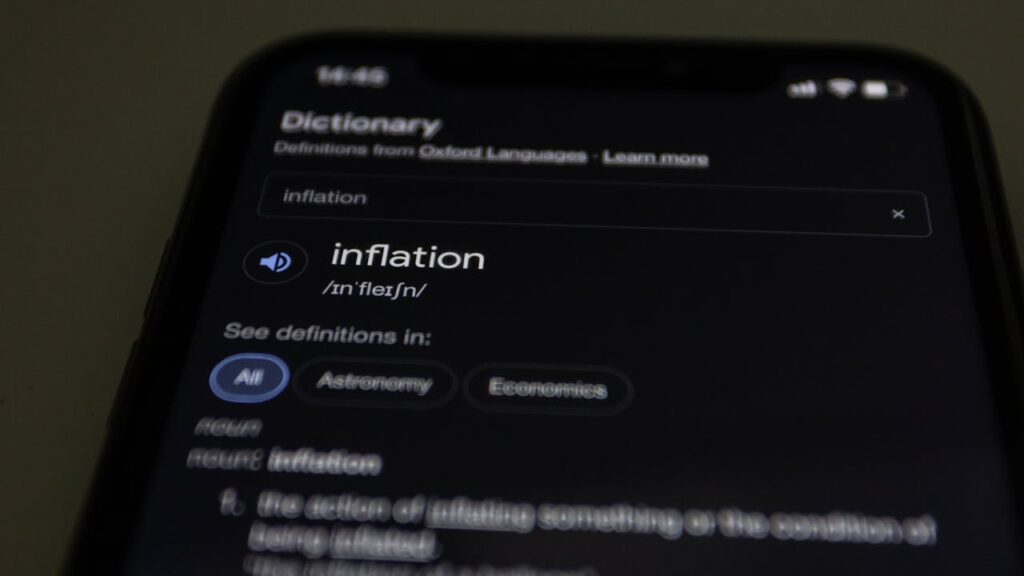There are many, many words in English, but learners of the language might benefit from focusing on the most frequently used ones. With over 100,000-word families and thousands more introduced every day, the English language is renowned for having a vast vocabulary. Nonetheless, some studies have indicated that learners can understand about 65% of all written English text if they have a firm grasp of the 300 most commonly used words in the language. These words fall into a number of groups, including verbs, nouns, adjectives, and adverbs, and they all have a specific function in the building of sentences.
Verbs are important because they describe activities and mental processes. They are also called “action” words. The most often used verbs are “be,” “have,” “do,” “say,” and “get.” When students master these verbs, they are able to build simple sentences and speak clearly. Nouns are equally significant since they name objects, people, places, and ideas. Learning frequently used nouns like ‘time’, ‘person’, ‘year’, and ‘day’ is essential for beginners.

In English, prepositions, pronouns, and conjunctions also have important roles. Prepositions like “to,” “from,” “in,” “out,” “on,” and “off” are essential for conveying the connections between the various parts of a phrase. By replacing nouns in sentences with pronouns like “I,” “you,” “he,” “she,” “it,” “we,” and “they,” sentences become less repetitive and more fluid. Also, these are some of the first words we learn because they are at the center of the language since they work as subjects. And to make your ideas sound better and more natural, we have “Conjunctions”. They join phrases, words, or essentially our ideas, are those like “and,” “but,” “or,” “so,” and “because.”
Now, all of the previous words are just a small part of the English vocabulary. Also, the number of words will change depending on the context in which you are involved. For instance, an academic would need to learn more words related to their field in order to progress in their career. Similarly, an engineer, a doctor, a lawyer or an English teacher would need to learn a lot of specific words related to their field as well as learning the jargon of each career.
Familiarizing with these frequently used terms can help English language learners become more fluent. A carefully selected list of terms that are crucial for students at different levels is provided by resources like the Oxford 3000, which is in line with the Common European Framework of Reference for Languages (CEFR). Learners can efficiently focus their vocabulary study with the help of this list.

It is also important to remember that we do not need to learn all the words in the dictionary or any list, but the ones that we really need. Similarly, we shouldn’t settle to learn only the basic examples mentioned above but rather to use them as “starter words” in our journey to learn English. The important thing is to start using them in the correct context.
Finally, even though the English language’s vast lexicon may appear intimidating at first, focusing on the most frequently used terms is a useful strategy for laying a solid foundation. English language learners can greatly enhance their communication and comprehension abilities by mastering these key terms, positioning themselves for future language success. Online materials and lesson plans are available on platforms like Preply, Udemy, Cousera and other platforms for anyone looking to increase their vocabulary. Also, let’s not forget the good old fashion dictionaries that are now digital and interactive.
